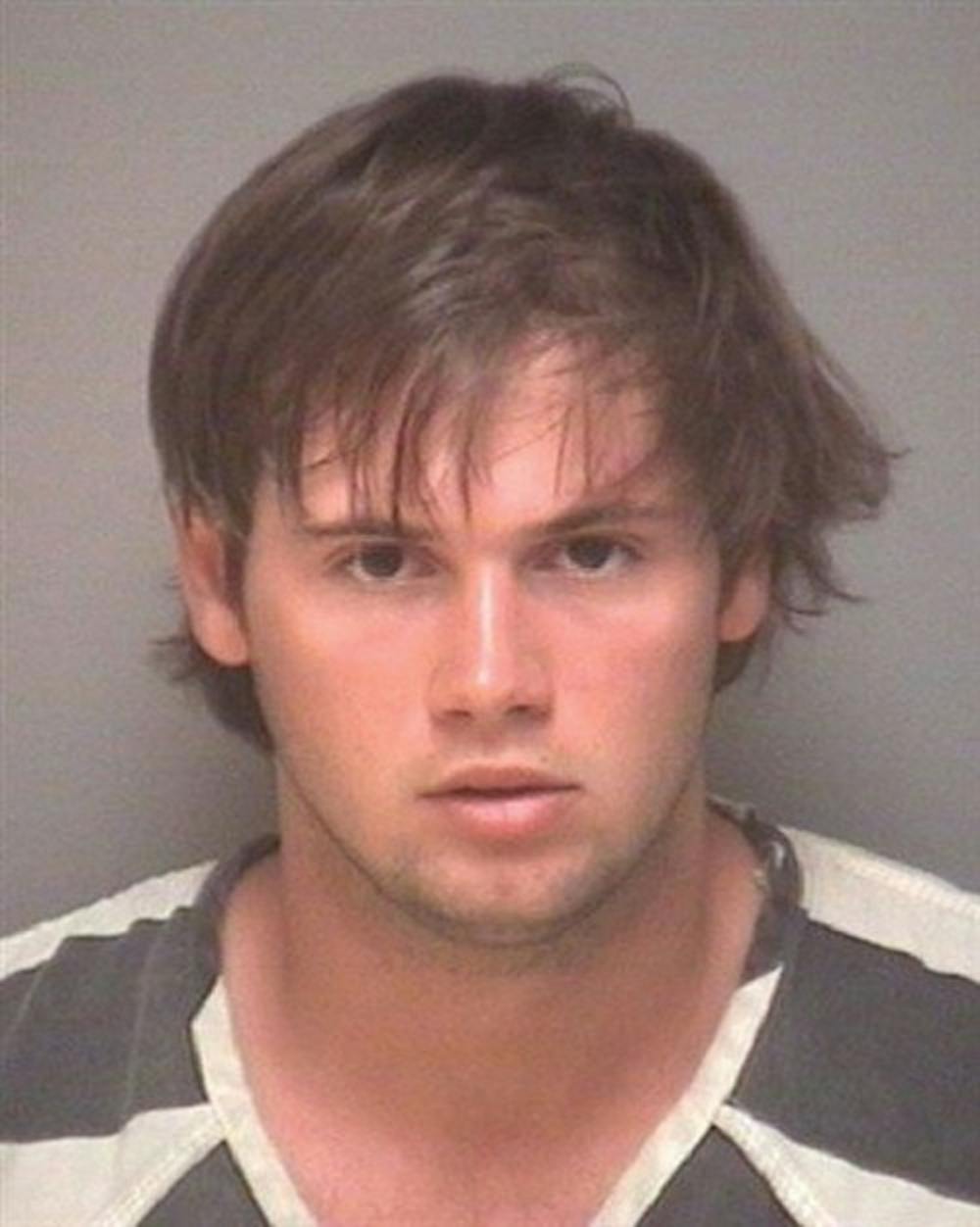Former University student and lacrosse player George Huguely, who was convicted of second-degree murder in the 2010 killing of his former girlfriend Yeardley Love — also a University student — is trying to take his case to the United States Supreme Court after a series of failed appeals in Virginia. This will be the final opportunity that Huguely, who is serving a 23-year prison sentence, and his defense team have for overturning the sentence.
The reason for the Supreme Court appeal stems from an incident nine days into Huguely’s original trial in Charlottesville, when one of his attorneys fell ill. At that time Huguely requested that the trial not go forward, but was not granted that request. His defense team plans to argue that his Sixth Amendment right to counsel was violated because of the incident in Charlottesville.
Huguely requested from the court a one-month extension to file his writ of certiorari, his appeal request. Paul Clement, Huguely’s attorney, filed for the extension. Supreme Court Chief Justice John Roberts signed off the extension.
A spokesperson for the Supreme Court said there is a process following the extension of the writ that a case will go through when being considered for review by the Court. She said the next steps for the case include a series of preliminary oversight and checking procedures.
“The next thing that happens is that the petition gets filed, and then scheduled for conference, and then it shows up on an orders list for an argument,” she said.
John Elwood, a lecturer at the Law School and a partner at Vinson and Elkins in Washington, D.C. — specializing in review of administrative action — said Clement is one of the best lawyers his client could have hoped for. Though he said it is difficult to have a case considered by the Court, he said he thought Clement provided a better chance than most.
“[Paul Clement] is one of the very best Supreme Court advocates in the country, really one of the best lawyers in his generation,” Elwood said. “The general acceptance rate is certainly no higher than one to four percent. I imagine that Paul will do a better job of persuading the Court, but generally speaking it’s pretty hard to get the Supreme Court to grant review in a case.”
Huguely’s writ of certiorari is due May 15. The Supreme Court tends to receive about 8,000 to 9,000 petitions each term and grants somewhere between 70 to 80 of those petitions.







